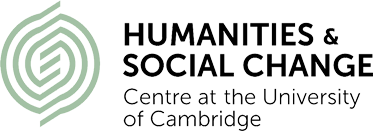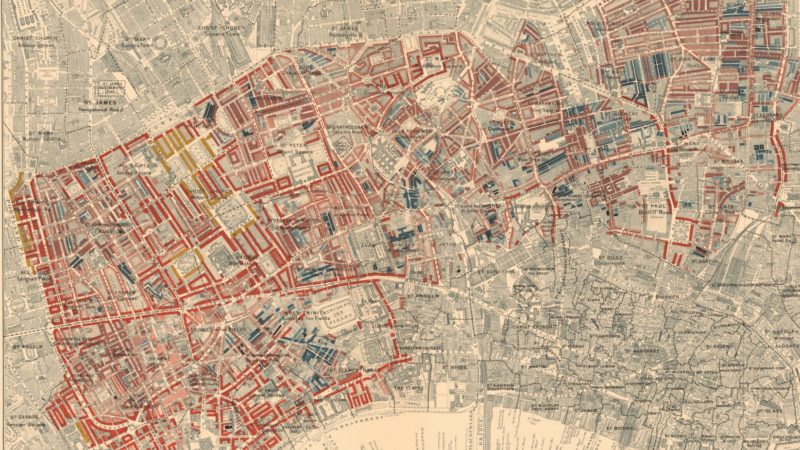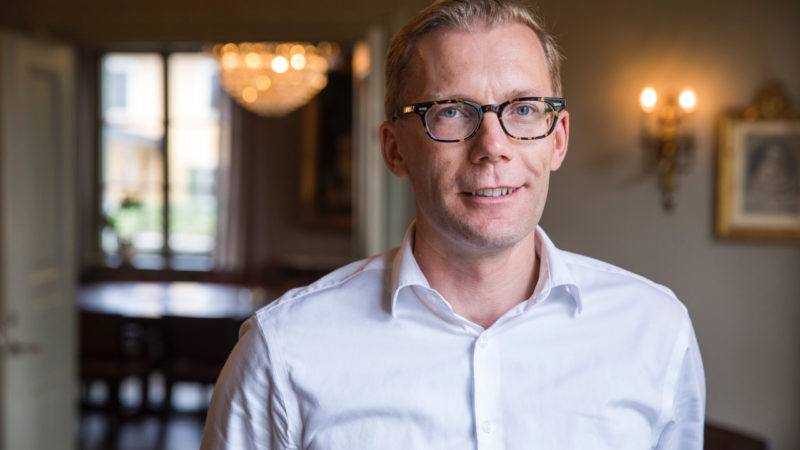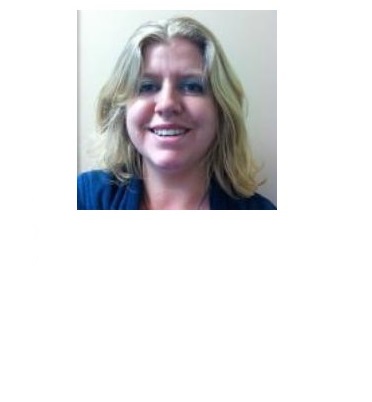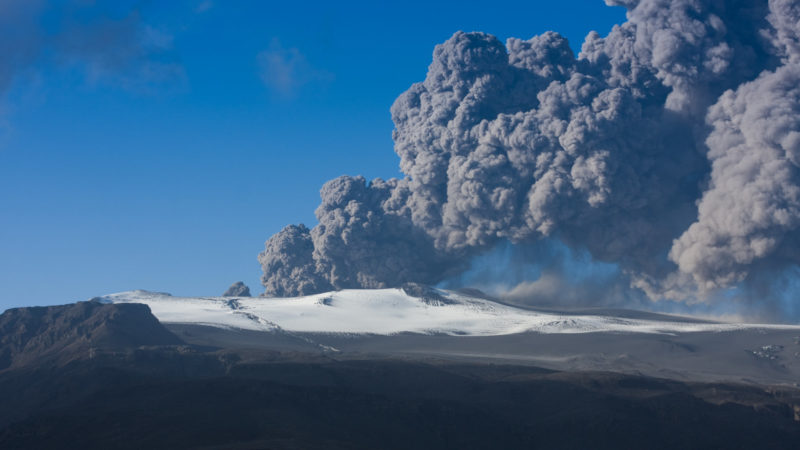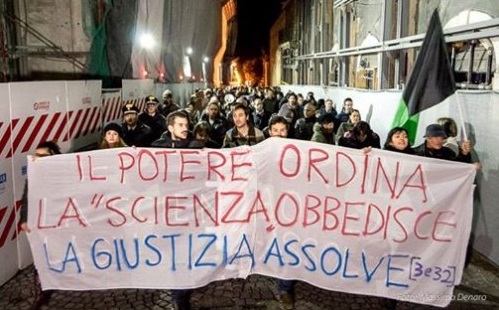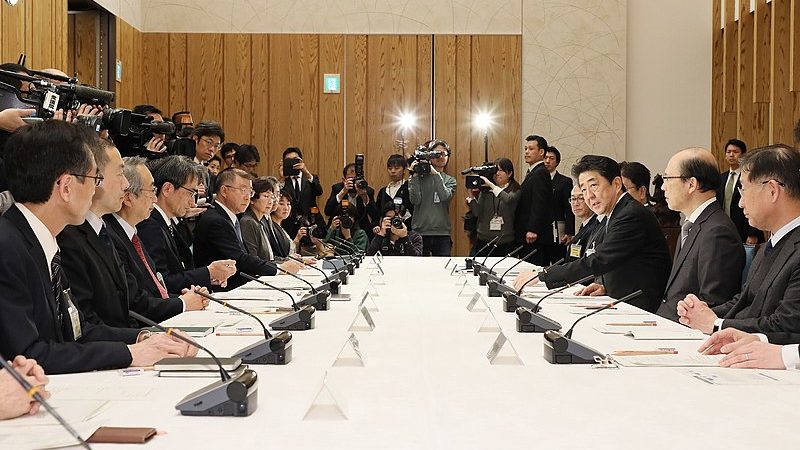Searching for the facts in a global pandemic
Searching for the facts in a global pandemic https://hscif.org/wp-content/uploads/2020/06/shutterstock_1729498228-1024x683.jpg 1024 683 Shauna Concannon https://secure.gravatar.com/avatar/9ae26239bbead0d6870de57ca0160572?s=96&d=mm&r=gIn times of great uncertainty, such as global pandemics, the appetite for reliable and trustworthy information increases. We look to official authorities and our peers for guidance. However, as has quickly become evident, the veracity and authenticity of information being circulated is not always sound. As people are increasingly connected to their devices, checking social…
read more